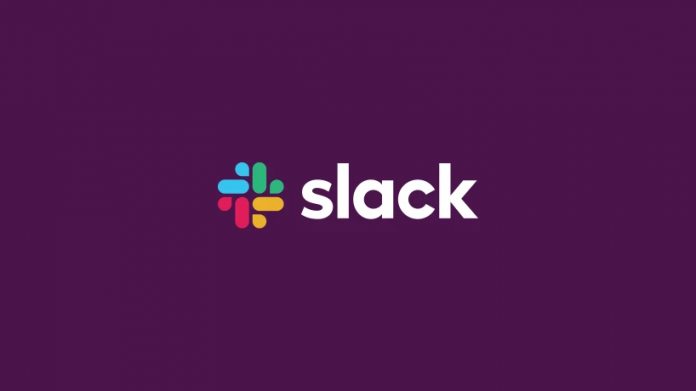In a report by The Wall Street Journal believes a deal could be finalized in the coming days and an announcement made this week. If this is happening, it should happen before both Salesforce Q3 earnings report on December 1 and Slack’s own Q3 reveal on December 9. For the most part, Slack has struggled to make the most of the increased remote work environment driven by the COVID-19 pandemic. The company saw some early growth during the start of the crisis but later stumbled as rivals like Microsoft Teams thrived. Despite it’s obvious success, Slack has not enjoyed the same adoption as Microsoft’s service. There are several reasons from that, including Microsoft diversifying Teams beyond simple workplace chat, and also having it integrated into Office 365. Still, it feels like Slack is stuck in a more defined role in the enterprise space. Slack currently has a market value of $23 billion, so any purchase from Salesforce will be amongst the biggest tech acquisitions ever. Although, it is worth noting Salesforce was a rival to Microsoft during the $27 billion pursuit of LinkedIn, which Microsoft eventually bought. Weighing in on the news, Reuters adds Salesforce is likely to seek a cash-only acquisition and not buy Slack stock. Salesforce could arguably make the most of Slack considering the company may have more benefits from chat than video meetings. The company already works closely with Slack, including the ability to share customer records on the service (also available on Microsoft Teams).
Competing With Microsoft
One interesting sidetrack worth noting is earlier this year there were some serious reports Google was showing interest in buying Salesforce. Any acquisition would also further muddy Microsoft’s complex relationship with Salesforce. As owner of Slack, the company would become a much more direct rival to Microsoft. In recent years, the two have collaborated more frequently but have also been in conflict. Microsoft and Salesforce have been partners before, such as the SalesForce1 Windows 10 app supporting (now defunct) Continuum, while the company also adopted Outlook for its email management. Of course, that does not remove the fact that Salesforce and Microsoft are CRM rivals. Indeed, the relationship between the companies took on a familiar frosty feel during Microsoft’s $27 billion LinkedIn acquisition. Salesforce was a rival bidder and warned regulators to watch the deal closely. As part of its multi-cloud approach, Salesforce uses Microsoft Azure for some services.




